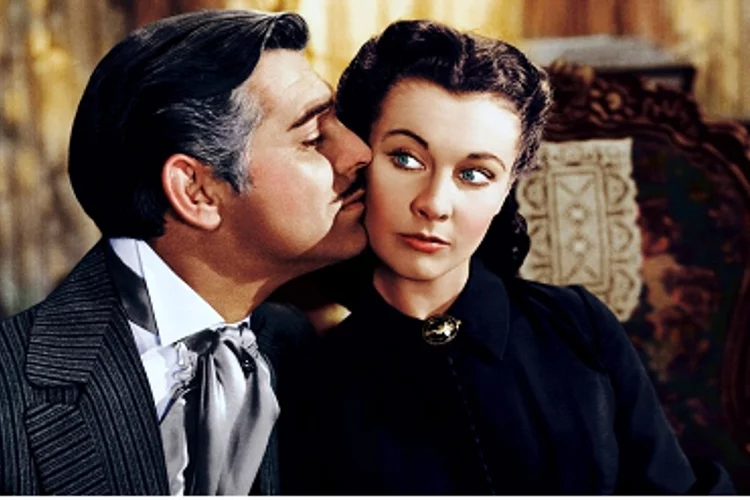by Marsha Landry
The practice of banning films goes back almost as long as cinema itself. The 1917 film Birth Control is considered the first movie to be officially banned in the United States. Of course, Birth Control wasn't exactly an early classic of cinema - it was a documentary about women's birth control options - but it is now lost to time, having only ever been shown to a private audience of 200 people.
Of course, the list is endless when you look down the decades. There are famous examples: Schindler's List was banned in several Arab countries; The Last Temptation of the Christ was banned all over; and the original Scarface (1932) was banned in the US. Even seemingly harmless modern films get censored in some countries - did you know The Hunger Games was banned in Vietnam? Zoolander, meanwhile, was banned in Malaysia for making fun of the then Prime Minister. This link www.cheatsheet.com/entertainment/movies-that-were-banned-in-the-u-s.html/ shows some of the more famous movies that were banned in the US.

And, there is a new phenomenon in the 2020s - retrospective banning due to the perception of problematic material. Gone with the Wind is the most noted example in recent times. But we can also list some of the movies that have been cited as being inappropriate due to depictions of race, religion, gender, sexuality, disability, and so on:

Now, the way things are going, it's perfectly possible that some of your favorite movies will be restricted in some territories in the coming years. We say "restricted" and not "banned" because, as happened with Gone with the Wind, it will be a case of self-censorship on the part of the studios, or the platform, like Netflix or Hulu, where the movie is shown.
There is a moral argument to banning certain movies. You could argue that the infamous Birth of a Nation (1915) deserves to be banned, for example. But there is also an argument that movies can be viewed through the lens of criticism. If depictions of race are off in Gone with the Wind, there is a growing sense that this is educational to a modern audience, not something that will influence us.
So, what do you do if you want to watch something you feel you should be able to watch, either through restrictions in your country or through self-censorship to satisfy modern sensibilities? The obvious answer is to get a VPN. For those not aware, a VPN (a virtual private network) is an application that hides your IP address, thereby allowing you to hide your location. VPNs are legal and used all over the world for different reasons, including web security.
As you might gather, using a VPN has become a popular way to spoof locations for entertainment reasons. For instance, if you were in Europe and wanted to access Netflix's US content. But, as you might imagine, companies, governments and others don't always like that. They fight back by implementing VPN blocks. But there is a solution: this guide - www.top10.com/vpn/how-to-bypass-vpn-blocks tells you all you need to need to know, including information on the most powerful VPNs.
Just as with the question over the morality of film, some might ask whether it's the right thing to use a VPN. But as mentioned, they are legal and popular all over the world, although they are banned by some repressive regimes. Moreover, some argue that such restrictions should not exist in the first place. If you pay a subscription for Netflix in the US, and you are travelling to somewhere like the UAE for a vacation, why shouldn't you access your account on your smartphone or tablet?
Nevertheless, some people are very worried about the censorship of movies today. It was only two years ago that Quentin Tarantino's Once Upon a Time in Hollywood was being nominated for Oscars. Today, it has also been flagged up as problematic, with criticism in a number of areas including depictions of race and ethnicity. But you can be both critical about the movie and enjoy it at the same time - films are not supposed to be manuals for your views on life. If it takes a VPN to see it, then go for it.

About Marsha Landry
Marsha Landry is an accomplished writer known for her expertise in the field of movies. With a keen eye for storytelling and a deep understanding of film analysis, she has established herself as a prominent voice in the world of cinema.
 |
 |
 |
 |
Check These Out
Try FREE Gifts right here, right now. Or receive Freebies Goodies nothing but cool items.
Once successful, button below
 |
 |
 |
 |